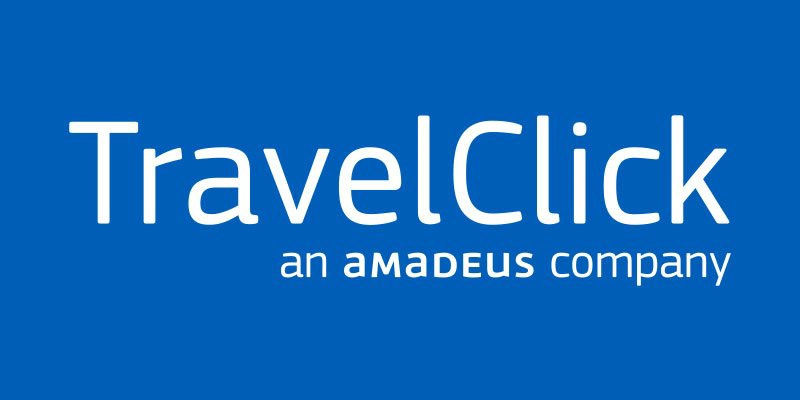
By Jason Q. Freed
In a hotel industry starved for innovation, it’s not surprising hospitality leaders on stage at the NYU International Hospitality Industry Investment Conference focused much of their attention not on real estate opportunities but instead on how technology will continue to push the industry forward.
Conference chair and Loews Hotels CEO Jonathan M. Tisch opened this year’s conference by putting hotel technology directly in the spotlight.
“Reflecting back over the many years of the conference, it’s remarkable how the business of hotels has changed,” Tisch said. “It is more sophisticated, complicated and competitive, with technology rapidly impacting all aspects.”
Facing Hotel Industry Disruptors
The biggest impact has been online distribution and the introduction of third parties who have been able to sell hotel rooms more efficiently — at a high cost to hoteliers. According to an article in Hotel Business, leaders at NYU said they don’t expect this challenge to go away anytime soon.
Marriott International CEO Arne Sorenson said the hospitality industry is in a “long-term war” with who owns the customer. Hospitality companies are no longer just competing against each other; they’re now in battle with technology companies like Google and Amazon who are taking customers away from hotels by capturing and owning user profiles, he said.
Sorenson said hotels need to monetize these relationships and figure out ways to deliver value by leveraging available data.
“I think less about Airbnb than I do about Google and Facebook and all of these digital empires who own all of us. You can add Amazon to that list, too,” Sorenson said, as reported in Hotel News Now.
AccorHotels CEO Sébastien Bazin agreed, suggesting hotels have more relevant guest data than the OTAs and should be using it to their advantage. Google and Amazon never actually meet the guest, he said.
Bazin said he spends 5% of his time worrying about hotel competitors and 50% of time worrying about disruptors.
Today’s hotel industry disruptors look different than those in years past, Hotel News Now reported from the conference.
Best Western CEO David Kong said he recently read a list of the top 50 disruptors of 2017 and was embarrassed he didn’t recognize a handful of the companies named. That reinforced his realization, he said, that welcoming change must be a top priority for the industry.
“We can’t be status quo; we have to welcome change and adopt a new way of thinking of things,” Kong said. “I say to my team, ‘How can we think like disruptors?’ We have to act on it and give ourselves motivation. When you’re in a startup company, you have so much enthusiasm and excitement because the sky’s the limit, but you also know it’s do or die, so there’s a sense of urgency. That’s important.”
Hotel Technology Panel Takes a Deeper Dive
So, how can hoteliers avoid being disrupted but at the same time use the available guest data and technology for good — to drive traveler satisfaction and also increasing hotel profitability? That question was at the heart of a conversation among hotel technology experts on a panel called “Technology, Data and Travel Disruptors.”
“Technology as we know it is evolving at this breakneck pace. It impacts the hotel customer. It impacts the owner. It impacts the hotel operator,” said moderator David Eisen, editor in chief at Questex Hospitality, opening the panel. “How is technology then improving the guest experience?”
Cyril Ranque, president of lodging partner services at Expedia, said the traveler customer journey is full of challenges, hurdles and complexity for customers.
“Technology can solve all of this,” he said, “so I think we’re really rapidly tapping all these steps of the travel journey and making it more and more seamless, more and more frictionless. Really solving customer problems, and through technology, when you solve customer problems, you delight them more, make them repeat more, make them spend more.”
Technology has the ability to create relevance for the consumer, said Larry Kutscher, CEO of TravelClick.
“If done right, technology enables you to get that right information to the right person at the right time so people can be more informed, make better decisions,” he said.





